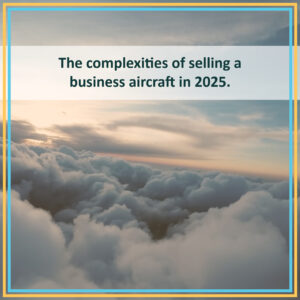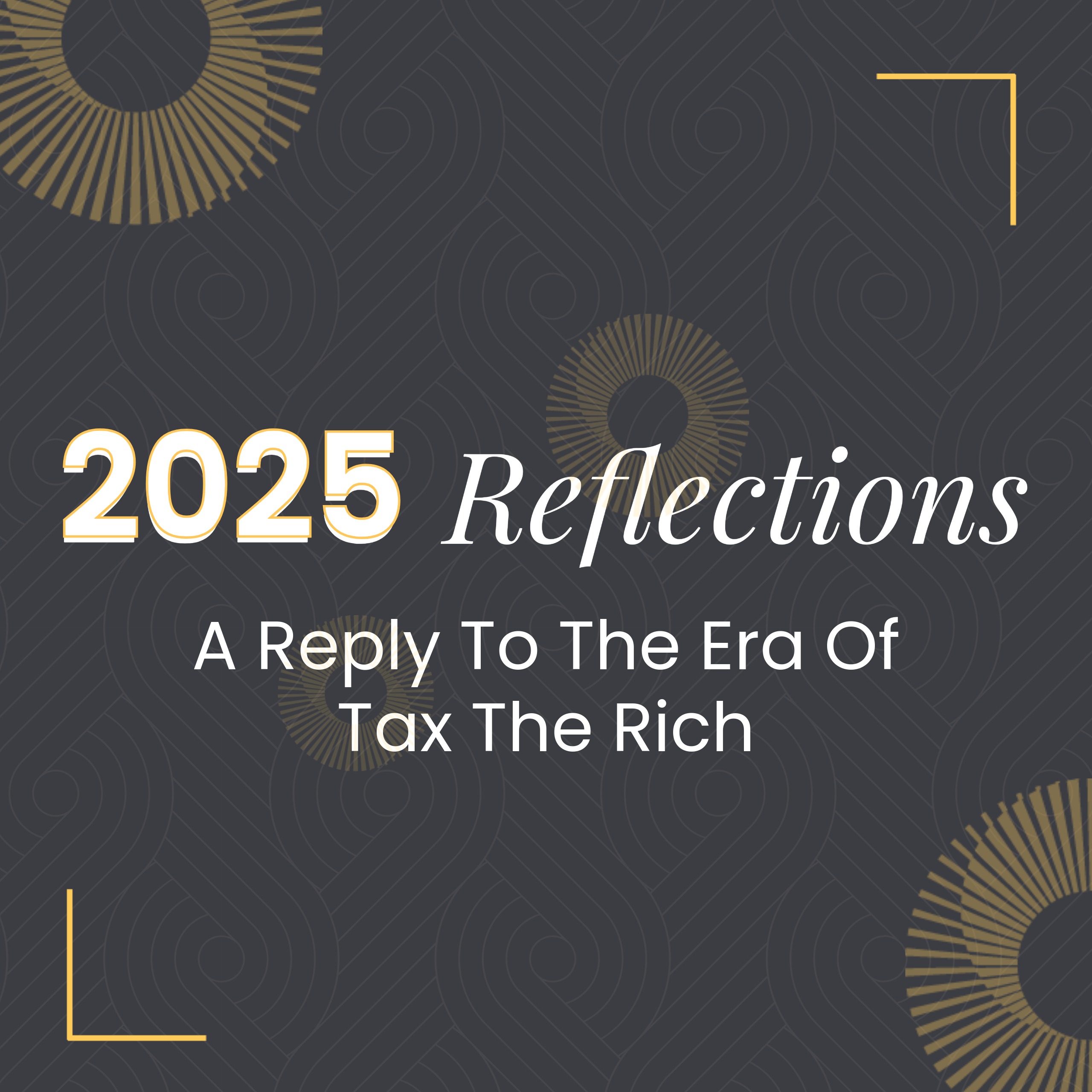Nearly a year ago, we published a piece discussing the importance of location in the sale of aircraft. Today, a key takeaway remains; selling an aircraft is no small feat.

The process involves multiple layers and requires careful consideration of several key factors, particularly VAT and Customs requirements. For sellers, the priority is straightforward. They need expert guidance from Chartered Tax Advisors who understand the intricacies and complexities of the transaction process inside out. In this article, our team of Chartered Tax Advisors explore the complexities of selling an aircraft in 2025.
The location where you sell your aircraft plays a pivotal role in determining the VAT and Customs implications. The European (EU) and United Kingdom (UK) VAT laws focus on where the asset, in this case, the business aircraft, is situated at the point of sale. And that location dictates which country’s VAT laws will apply.
Understanding the VAT rules of the country where you plan to sell your aircraft is crucial for several reasons:
- VAT existence: Some countries do not have VAT. This absence can make the sale potentially free from VAT and other tax obligations, though other local taxes or Customs requirements may still apply.
- VAT registration: The chosen jurisdiction affects whether you must register for VAT locally. Registering for VAT can be time consuming and administratively burdensome, especially if you have no other activities in that territory. For the purchaser, reclaiming VAT in a territory where they are not established can be difficult and slow, affecting cash flow.
- Jurisdictional differences: Different EU member states and jurisdictions approach VAT registration differently. Some may allow you to be exempt from registering for VAT if the sale is zero-rated, while others insist on VAT registration regardless of the VAT amount.
From a Customs import status perspective, if you import the aircraft into a UK or EU territory, the aircraft could lose its import status when the title transfers to another party. The new owner must then either re-import the aircraft or consider using the Customs relief regime of ‘temporary admission’.
Certain jurisdictions have special VAT rules and Customs regimes, for example:
- In the UK you can sell an aircraft VAT-free if it is in a UK Customs Warehouse, without the need to register for VAT. This also allowed for tax-free back to back sales, protecting all sellers in the chain from VAT consequences.
- In Switzerland you can sell an aircraft VAT-free under the local equivalent of the Customs regime known as ‘inward processing’, provided there are actual works to be completed on the aircraft.
With over 40 years of experience in the aviation sector, we specialise in guiding clients through every stage of a business aircraft sale transaction process. If you have a query concerning the sale of your business aircraft, contact Adrian@martynfiddler.com to ensure your tax, VAT and Customs are in order.



